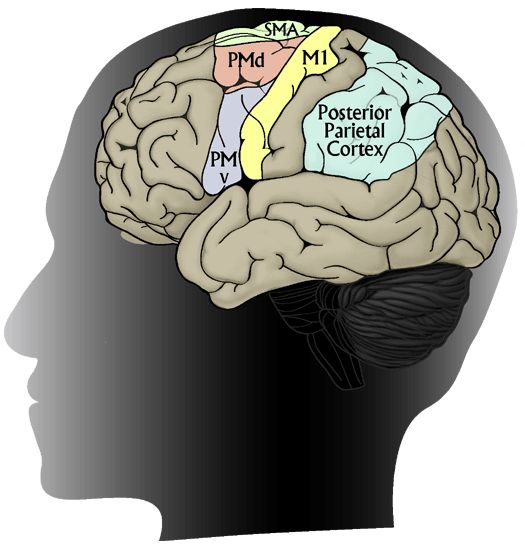Herpes Might Cause Alzheimer's

Updated 3:01 p.m. ET
New research supports growing concerns that herpes plays a role in the development of Alzheimer’s disease, the most common form of dementia.
The latest work, announced today, shows a link between a gene and herpes simplex 1, or HSV. The form of the ApoE gene called ApoE-4 is the leading known risk factor for Alzheimer’s. And HSV is the form of herpes that causes cold sores around the mouth. More than 80 percent of Americans are infected with HSV.
The researchers, at the University of Rochester Medical Center, found that ApoE-4 effectively puts out a welcome mat for the herpes virus, allowing it to be more active in the brain.
“The data suggest that ApoE-4 may support the ability of HSV to be a more virulent pathogen,” said Howard Federoff, lead author of the research published online in the journal Neurobiology of Aging.
The research involved measuring the activity levels of HSV in the brains of mice with different forms of the human ApoE gene.
The team found that the virus infiltrates brain cells about the same whether or not mice have the ApoE-4 form of the gene. But in mice with the ApoE-4 version, the virus is less likely to be latent and thus more likely to multiply.
Sign up for the Live Science daily newsletter now
Get the world’s most fascinating discoveries delivered straight to your inbox.
Scientists have known for several years that the ApoE-4 gene plays a role in Alzheimer’s but the idea that it works in concert with the herpes virus is new.
Ruth Itzhaki of the University of Manchester has conducted several studies showing a correlation between herpes and Alzheimer’s. Patients suffering from the dementia disease who also have the ApoE-4 form of the gene also have more herpes DNA in the brain regions that are affected by Alzheimer’s, she found. And people with the ApoE-4 version of the gene who have HSV are more likely to get Alzheimer’s than those who lack either the gene version and the virus.
Also, other scientists have found that people who frequently break out in cold sores are more likely to have the gene that makes them more vulnerable to Alzheimer’s.
HSV is a chronic infection that lives in people for a lifetime, periodically flaring up. The virus is usually latent, locked inside cells, but occasionally stress, fatigue, certain foods and even sunlight can spark the virus into an active phase that damages cells and causes cold sores.
- Cats Get Alzheimer's
- Video: The Alzheimer's Switch
- Marijuana's Key Ingredient Might Fight Alzheimer's
- Inside Look: How Viruses Invade Us
- All About Viruses
Robin Lloyd was a senior editor at Space.com and Live Science from 2007 to 2009. She holds a B.A. degree in sociology from Smith College and a Ph.D. and M.A. degree in sociology from the University of California at Santa Barbara. She is currently a freelance science writer based in New York City and a contributing editor at Scientific American, as well as an adjunct professor at New York University's Science, Health and Environmental Reporting Program.










